Multiple Addiction Relapses: Treatment Solutions To Consider
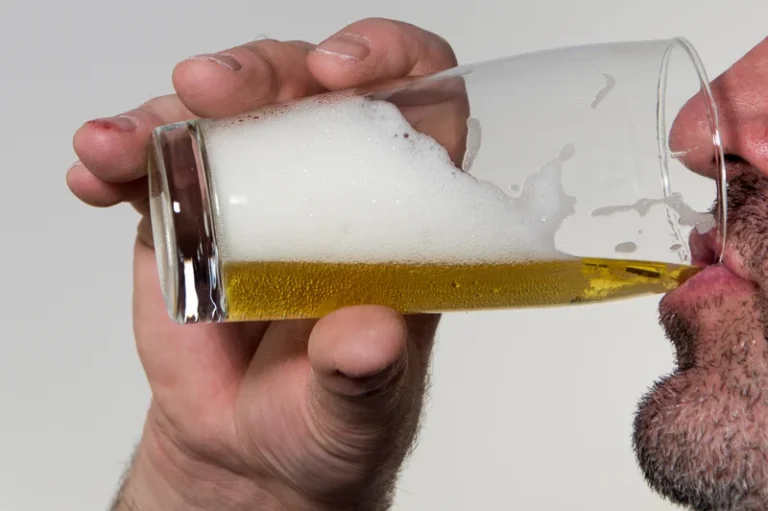
Relapse prevention plans play an essential role in the recovery journey from mental health or substance use disorders. These plans are designed not only to help individuals stay on track but also to guide them through challenging situations without resorting to previous harmful patterns of behavior. Crafting a relapse prevention plan is an indispensable step for anyone in recovery from substance use or mental health disorders. By understanding the essential components, stages, and strategies involved, individuals can effectively navigate https://ecosoberhouse.com/ the complexities of their recovery journey. This proactive approach not only aids in preventing relapse but also empowers individuals by promoting self-awareness, accountability, and long-term stability in sobriety.
More from UNC Center for Excellence in Community Mental Health
Relapse is not inevitable or a defining moment in a person’s recovery. A physical relapse is a symptom of a disease and not a character flaw. The care team encourages clients to be honest about relapse to ensure they receive the support they need to recover from it and move forward in their recovery journey. For people in these situations, returning to substance abuse often feels like the path of least resistance. Overdose is of particular concern because the body is no longer used to the substance, but so are all the other negative effects of addiction. Experiencing a physical relapse can be a challenging and disheartening part of the recovery process, but it’s important to remember that you can move on from it.
Coping Strategies and Self-care in Relapse Prevention Planning
- Addiction, like all chronic diseases, carries the risk of relapse.
- You might be in denial of the possibility of a future relapse.
- Mental relapse, in the context of addiction recovery, isn’t simply “thinking about using” again.
- Without those coping skills, it’s very easy to turn to drugs and alcohol for relief.
- They’re constantly practicing coping skills, stress-relief techniques and healthy habits.
- Discover the inpatient detox process, from withdrawal management to personalized care for lasting recovery.
If you or someone you know is struggling with relapse, reach out to Promises Behavioral Health. Our team is ready to help you navigate the path to recovery and empower you to live a fulfilling, substance-free life. We need to discuss our relapse with a sober person on our accountability team as soon as possible. We do not want to keep a relapse a secret because it will lead to other relapses. Honesty and transparency are a big part of a lot of programs. Our website provides access to information and support for people seeking help.
Welcome New Challenges
Addiction is a chronic disease of the brain, meaning it lasts for multiple months and affects the way the brain works. Substances of abuse change the way that the brain operates, causing people to compulsively seek addictive substances despite harmful consequences. It’s a physical, mental, emotional, social, and spiritual disease. Recovery requires a self-awareness that must be developed with time and practice.
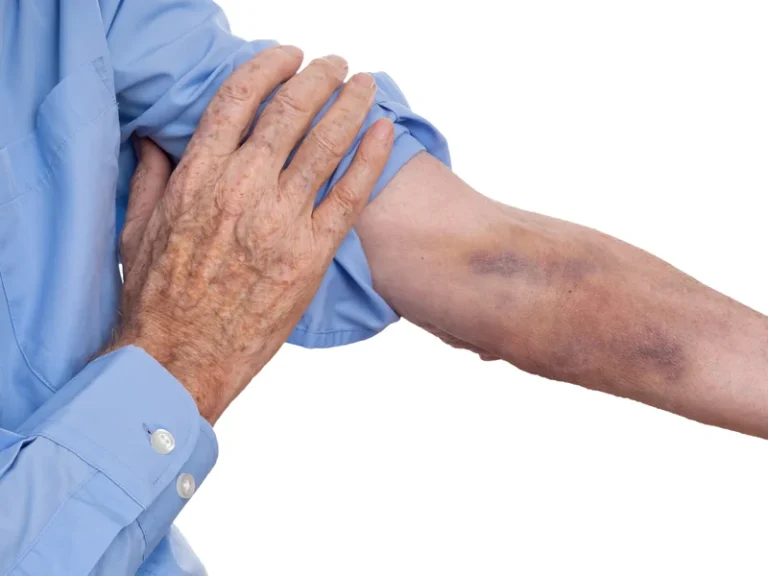
How to Talk to Teens About Substance Abuse
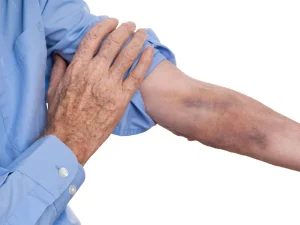
You can’t understate the gravity of the relapse — you must admit to yourself you are using again. This level of self-accountability will also sustain your motivation during the initial stages after a relapse. Only when you accept the Sober living house fact you need help can you get the help you need.
REASON No. 9: Cross addictions and other addictive behaviors.
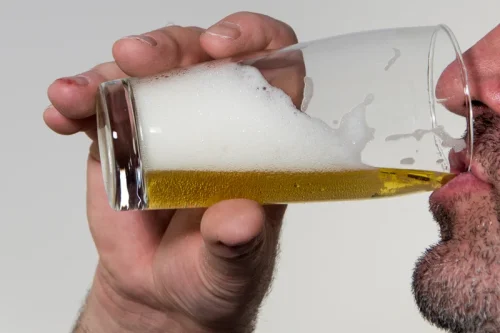
I hesitated contacting my psychiatrist, because I equated that irrationally with “getting in trouble” and doing a potential psych ward visit. It’s crucial to communicate your addiction history with your doctors to prevent potential issues. Maintaining supports, asking for help and working our plan of recovery can help during these difficult times. Recovery involves making major lifestyle changes and working on a program of recovery. Navigate alcohol withdrawal symptoms effectively with our comprehensive guide on management and care. Discover proven ways to beat boredom in addiction recovery through hobbies, community, and new skills.
- As your body detoxes after a traumatic relapse, you may begin to feel new levels of guilt and shame.
- When you know your emotional, environmental, or situational triggers, you can develop strategies to avoid or manage them effectively.
- Family or social stresses are also common contributing factors.
- A relapse can feel like you’ve let yourself and everyone you care about down.
- SAMHSA envisions that people with, affected by, or at risk for mental health and substance use conditions receive care, achieve well-being, and thrive.
Keep in mind that setbacks like relapses are common during recovery, and many individuals have encountered challenges but continued their progress toward sobriety. Joining an aftercare rehab program could give you the information and support you need to identify and deal with triggers that may lead to relapse. Seeing a therapist or mental health professional could go a long way towards developing healthy coping mechanisms.
How to Help Someone with Gambling Addiction
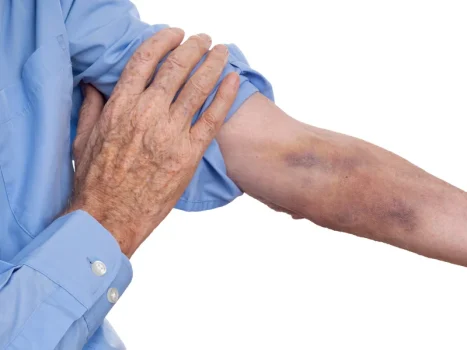
Being able to face up to it right after a relapse happens helps greatly, whether you take steps to get back to what to do after a relapse sobriety or not. It could be your family members and sober friends, support groups, or you can ask for professional help from a therapist. Any kind of support is needed for you during this difficult period. In the journey of addiction recovery, physical relapse marks the final stage – the actual return to active substance use.
- It is a common occurrence in addiction recovery and can be a challenging and disheartening experience for individuals striving to maintain their sobriety.
- Environmental triggers can be smells, objects, situations or places that you relate to alcohol or drugs.
- Understanding these factors can prevent setbacks and enable you to develop effective strategies to manage them.
- In many cases it has been seen as being a part of the recovery process to relapse.
- Relapse prevention therapy is an evidence-based approach that helps individuals develop skills to manage cravings, avoid high-risk situations, and stay committed to their recovery goals.
- For example, if you had an addiction to opioids, a relapse is a return to using those same drugs.
Pets Contribution to Rehab and Wellness
Physical relapse marks the point where individuals return to substance use after a period of sobriety. This stage can be fraught with negative consequences, which often include feelings of guilt, shame, and disappointment. The psychological toll of relapse can exacerbate symptoms of anxiety and depression, leading to a downward spiral in mental health. Effective addiction recovery services are multidisciplinary, addressing the person’s physical health, mental health, relationships, and environment in order to promote long-lasting recovery. This is especially true when it comes to treatment for people who have experienced a number of relapses in the past.
Addressing Triggers and Stressors
It simply means you are going through the process of recovery. Relapse is simply the worsening of a medical condition after a period of remission. In the case of a substance use disorder, relapse means a return to using. While relapses seem like they take you back to square one, they do not erase your recovery progress. It is not ideal to view it as a failure, instead, it is better to view it as an opportunity to grow and learn.

Leave a Reply